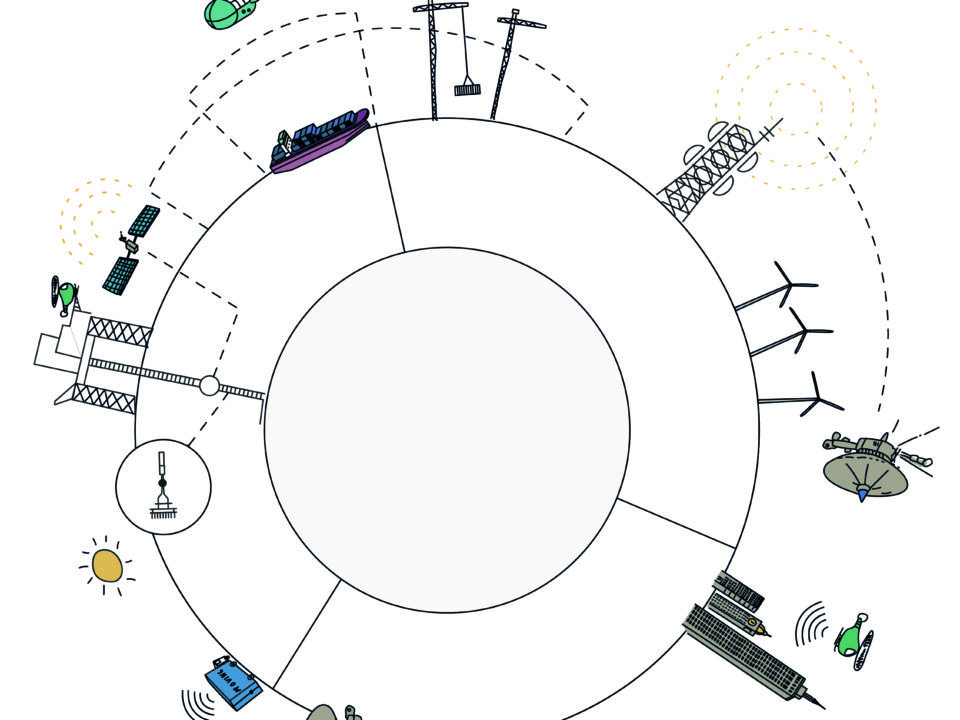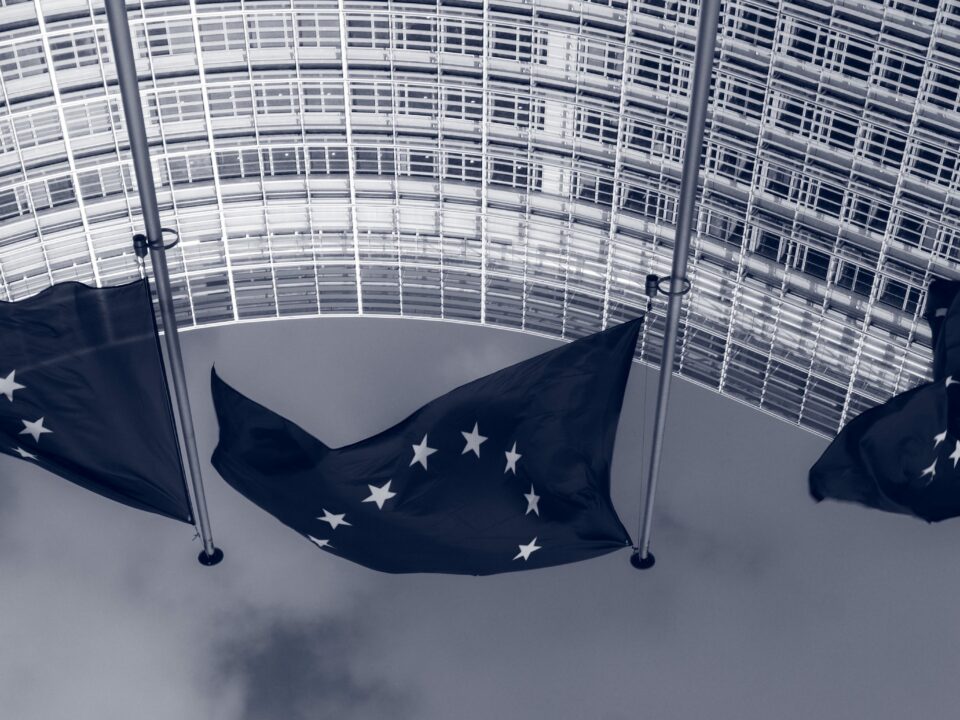Innovation policy and the role of standards, IP and antitrust
The LeadershIP 2020 video gives a good overview of globally relevant aspects of IP, standards and antitrust. For industry as well as for policy makers and scientists.
Table of contents:
The interagency panel featured: NIST Director Dr Walter Copan, USPTO Director Andrei Iancu, and DOJ Antitrust Division’s AAG Makan Delrahim, and was moderated by former USPTO Director David Kappos.
Minute 0 to 5: Host, Ms Kirti Gupta – Introduction.
5 to 10: Mr David Kappos – Introduction of the panel. Functions of the National Institute of Standards and Technology (NIST). Dr Walter Copan – SEPs deserve all IP protection, including all elements of injunctive relief. China has, among other things, dramatically increased its investment in high value technologies, including SEPs.
10 to 15: Dr. Walter Copan – NIST policy oversight, modernise regulatory and legislative proposals such as the Stevenson-Wydler Act and the Bayh-Dole Act to remove regulatory and administrative barriers, including a redefinition of the R&D tax credit structure.
15 to 20: Dr. Walter Copan – on how the “Endless Frontier Act” is going to build out America’s innovation ecosystems.
20 to 25: Mr Andrei Iancu – IP and innovation. The investment of knowledge, time, energy and resources is a value that must be protected.
25 to 30: Mr Andrei Iancu – USPTO’s support during the Covid-19 crisis including new guidance for examiners.
30 to 35: Mr Andrei Iancu – SEPs are patents and therefore all legal remedies including injunctive relief and equitable damages should be available.
35 to 40. Mr Makan Delrahim – Introduction of the “Madison approach”. Interoperability is a very pro-consumer feature and must be incentivized.
40 to 45: Mr Makan Delrahim – US courts taking Madison approach, see Continental v. Avanci, Lenovo v. InterDigital and HTC v. Ericsson.
45 to 50: Mr Makan Delrahim – US Court decisions, Intel v. Fortress case and FTE v. Qualcomm.
50 to 55: Mr Makan Delrahim – International cases like Unwired Planet v Huawei or Nokia v. Daimler are aligned with US “Madison approach”. Supplement DOJ-Antitrust letter of 2015 to IEEE for business review.
55 to 60: Mr Makan Delrahim, Mr Andrei Iancu – Injunctions relief is necessary to the balance of the system.
60 to 65: Dr Walter Copan, Mr David Kappos, Mr Makan Delrahim – The promotion of technological innovation enables industry to be competitive. The 2015 IEEE letter has been misinterpreted and used internationally to limit the remedies available. There is more to be done on this issue in Asia. The OECD is planning to set up an area specifically for SEPs in the context of IOTs.
70 to 75: Dr Walter Copan, Mr Andrei Iancu – The joint policy paper published in December is a step in the right direction.



